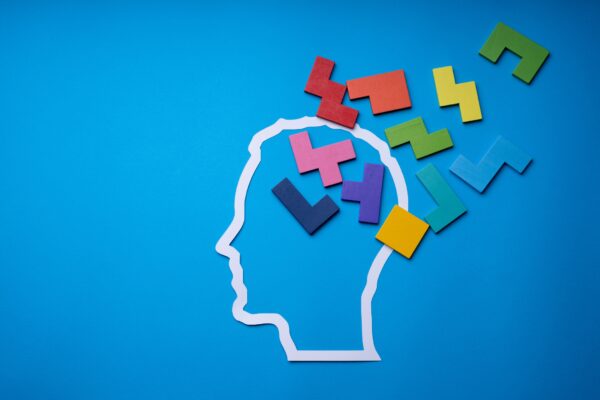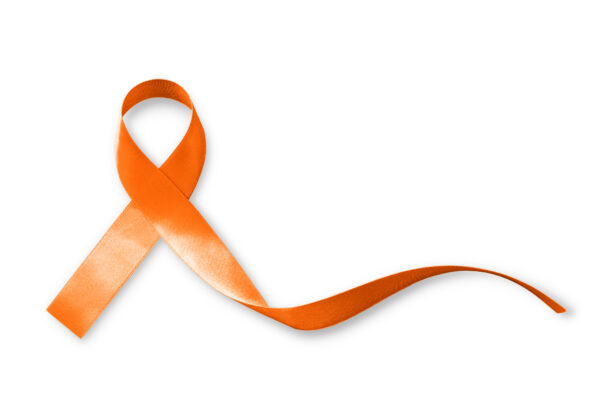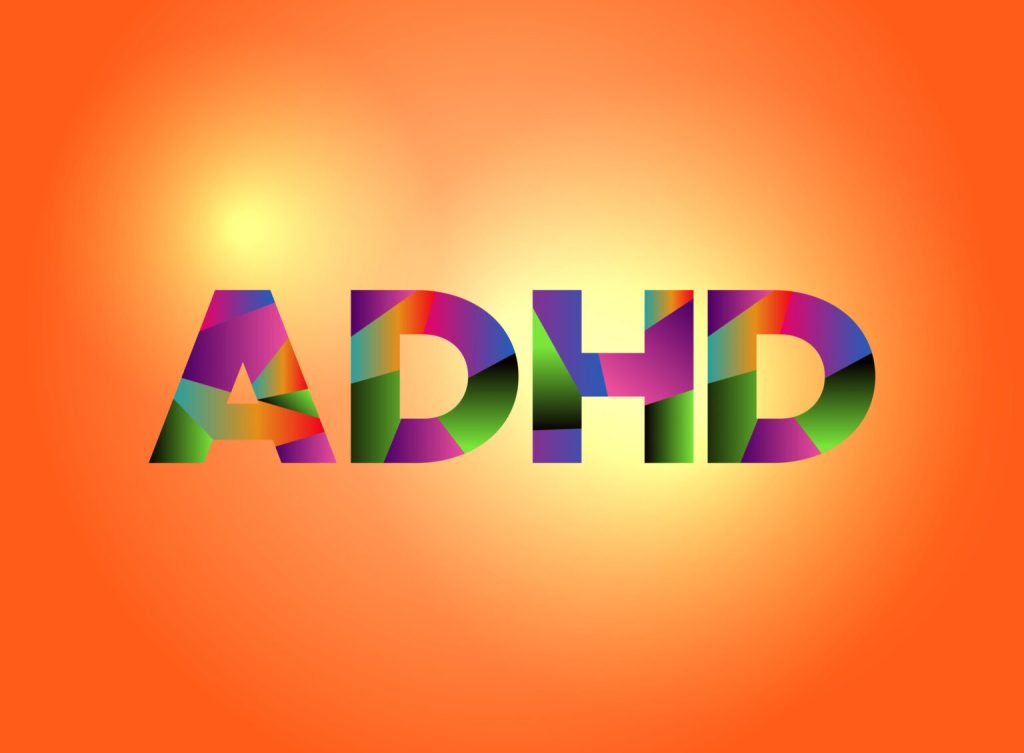October is National ADHD Awareness month. Attention deficit hyperactivity disorder (ADHD) is often talked about in children and teenagers, and often in the context of executive dysfunctioning. ADHD is a neurodevelopmental disorder that affects how we learn, how we deal with our emotions, and how we act. Executive functioning refers to the processes in our brain that allows us to analyze a situation and engage in problem solving and organizational skills to effectively respond. Executive dysfunctioning refers to the impairment of these processes that may lead to struggling to complete tasks on time or at all.
Many self-help books and blogs offer methods to counteract symptoms of executive dysfunctioning and organizational skills presented in a way that may stick for the ADHD brain – but often skip over another very real and impactful potential side effect: depression.
ADHD in adulthood can affect romantic relationships, friendships, and work performance. However, ADHD symptoms affect more than our work performance and relationship with others; they affect our relationship with ourselves. Adults diagnosed with ADHD – particularly those who were diagnosed later in life – are susceptible to internalized failure. With every frustration and mistake associated with executive dysfunction, perceived failures accumulate and can contribute to the development of negative patterns of thinking. Years of being asked “why can’t you just-?” eventually turn into harsh thoughts of, “why can’t I just-?” Executive dysfunction that is mistaken for laziness, inattention mistaken for disinterest, and disorganization mistaken for incompetence can all increase susceptibility to depressive symptoms.
These thoughts can even affect how we parent. Parents face immense pressure over executive functioning – not only do you have to take care of yourself, but you also have to take care of your children and the house you all live in. These extra demands create more responsibility and more opportunities for executive dysfunction. When we struggle with executive functioning while also parenting, it’s easy to be hard on ourselves. Feelings of guilt and inadequacy come up when thinking about our roles and responsibilities.
As negative thought patterns increase and contribute to core beliefs about oneself, symptoms of ADHD may worsen, which in turn may affect the severity of negative thought patterns. It is a vicious cycle that can be broken, or at least softened. It is important to keep in mind that unwanted or difficult symptoms are not permanent residents in your life.

STRATEGIES
While tempting, avoiding negative events or thoughts is not the key to feeling better. People with ADHD and depression diagnoses tend to want to avoid stressful situations rather than face them head-on. ADHD symptoms tend to make problem-solving and planning more difficult, and adults living with depression are more likely to engage in coping mechanisms that focus on avoiding a stressful event and its outcome rather than facing and resolving it in the moment. Unfortunately, avoiding rather than solving problems only restricts our ability to cope with life’s range of obstacles. The more we expand our repertoire of healthy coping skills, the more we can prove to ourselves that we can do hard things and live to tell the tale.
Cognitive-behavioral therapy (CBT) includes strategies and skills that can be used for a wide range of disorders and symptoms, including depression and ADHD. CBT addresses thoughts and behaviors that contribute to emotional hardship, such as, “if I’m not perfect then I’m not good,” or “why can’t I just keep my house clean?” These thoughts are called cognitive distortions,and are prevalent in both depression and ADHD.
Not only can CBT build skills to challenge cognitive distortions, but it can provide strategies to manage strong negative emotions while putting systems in place to manage daily tasks. Therapy can also provide education on the disorder to reinforce the fact that ADHD is not a character flaw.
While those diagnosed with ADHD are at an increased risk to develop depressive symptoms, it is not a guarantee that you will be miserable. With the support of mental health professionals, individuals with ADHD can learn CBT techniques and skills to support daily living.

What can I do?
Remind yourself that the way your brain works is not “bad,” “wrong,” or deficient in any way – it just functions differently. This means different strategies than what is typically suggested may be warranted.
Don’t be afraid to go with the flow of your brain, to take frequent breaks and switch to other tasks if you feel frustrated with the dishes. Allow yourself to listen to music, wear noise-canceling headphones, have a visual calendar or chore list to remind yourself of what to do. Ultimately, it’s important to direct patience and compassion towards yourself. Instead of internalizing anger or calling yourself names, recognize that you are functioning with the tools you are given, and you have the capability to learn more. Need support managing attention challenges? Call Milestones Counseling at (443)574-4295.
Meghan Powers, LGPC

